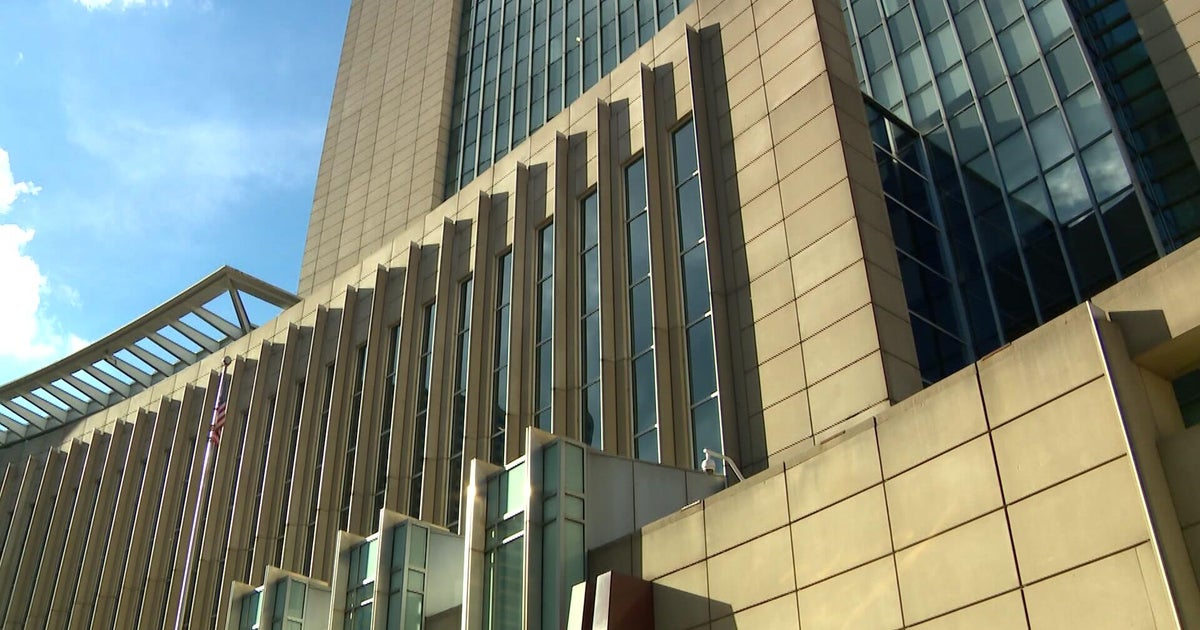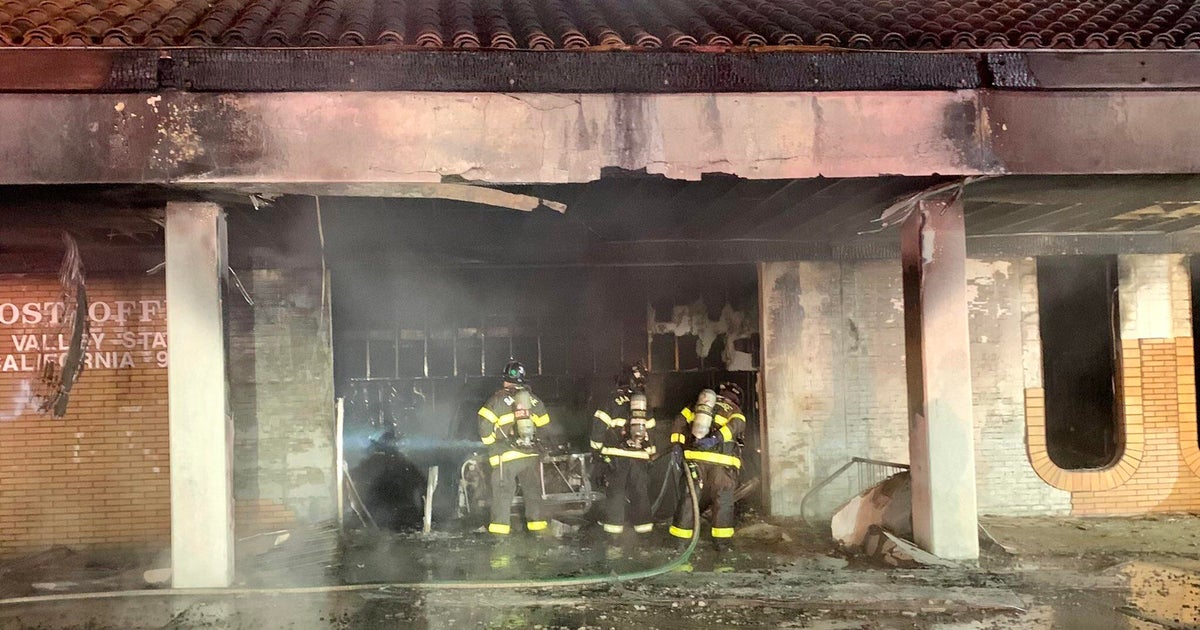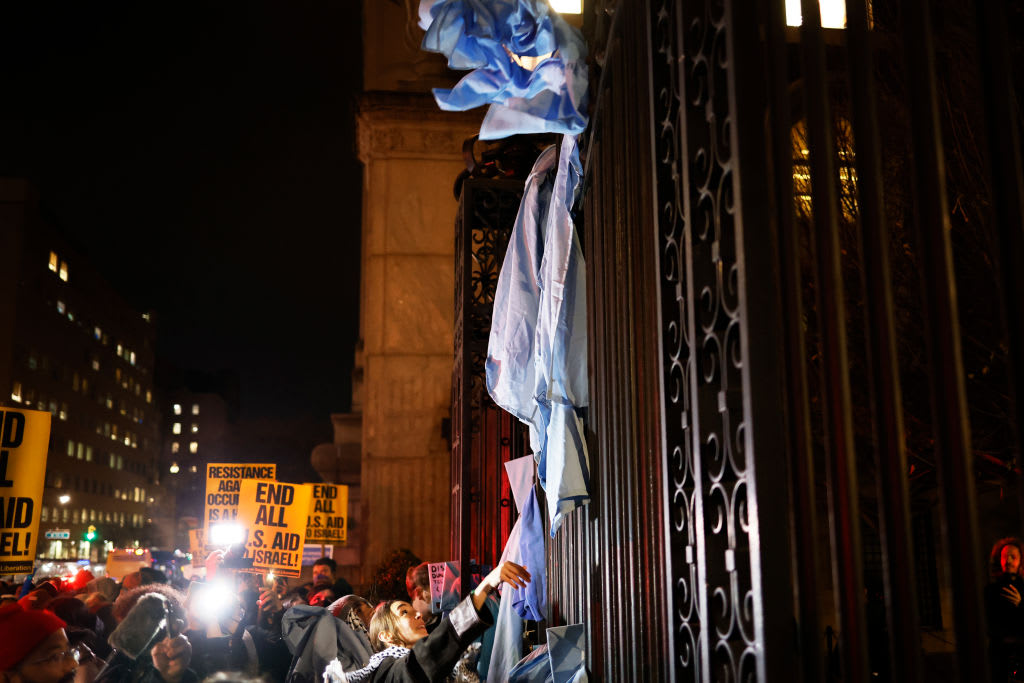Jeff Sessions seeks delay of hearing on police reform
WASHINGTON -- Attorney General Jeff Sessions is signaling a major shift in the Justice Department’s efforts to reform police departments.
In a memo dated March 31, Sessions told U.S. attorneys that it is not the job of the federal government to police state and local law enforcement agencies.
“Local control and local accountability are necessary for effective local policing,” Sessions wrote.
This is a departure from the reforms undertaken by the Obama administration under Eric Holder and Loretta Lynch, who made local police department reform a priority of their Justice Departments.
Sessions is also calling for the deputy attorney general and associate attorney general to review all dealings with local law enforcement, including existing civil rights reform agreements, consent decrees, with police.
In Baltimore, the Justice Department is asking for a delay in Thursday’s hearing on the consent decree between DOJ and the Baltimore Police Department. This was supposed to be a hearing where the public would be able to express its thoughts on the agreement. It’s being seen as a potential sign that the new Justice Department could be backing away from the Obama-era reforms.
Sessions has been critical of consent decrees and pattern or practice investigations as a way to reform police. CBS News has asked whether this is a sign that Sessions will not follow through on agreed-upon reforms. The Justice Department says it just wants more time to review the consent decree.
It remains to be seen whether the judge in the Baltimore case will allow the case to be delayed. The mayor came out with a statement strongly opposing the Justice Department’s request for a delay in the hearing.
In Chicago, too, Sessions has not committed to following through with reforms. When asked about this by reporters, he had not even read the Justice Department’s report on the Chicago Police Department -- while still dismissing it as lacking evidence.
Sessions has long been critical of federally enforced reforms to police departments. He said he preferred collaborative reform, but this memo requires review of even collaborative reform efforts.



